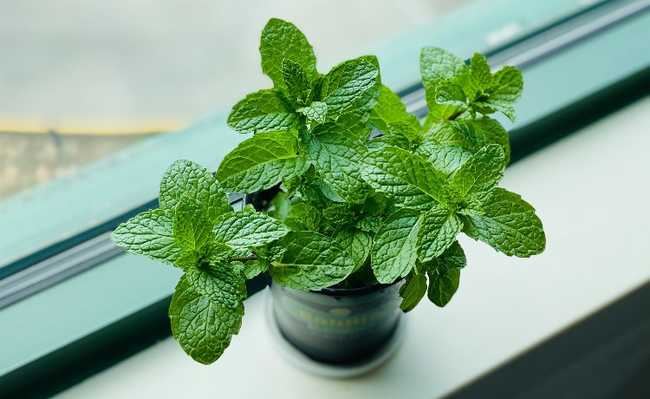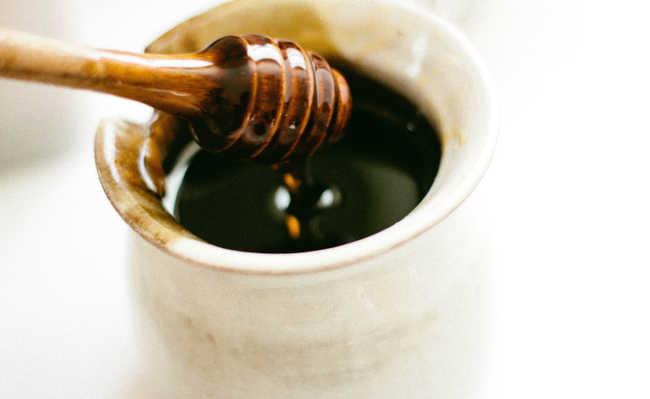Mint: benefits and how to plant
Mint contains antioxidants and vitamins that give it antibacterial, antifungal and anti-inflammatory properties. Learn more about its benefits

Image of Eleanor Chen on Unsplash
Mint is a very popular herb, being present in candies, chewing gum, drinks such as mojito, and in various cosmetics. But do you know the powers of this little plant? Mint contains powerful antioxidants, vitamins A, B6, C, E, K, folic acid and riboflavin. Whether ingested or just inhaled, mint provides many benefits. According to a study by University of MarylandIn the US, spearmint has antibacterial, antifungal and anti-inflammatory powers.
According to a recent study by Wheeling Jesuit University, the smell and taste of mint have profound effects on cognitive functions. This includes functions such as reasoning, problem solving, concept formation, judgments, attention, and even memory.
Mint Benefits
1. Improves digestion
According to a study by Unesp, species of the genus Mentha have an ethnopharmacological indication for gastrointestinal disorders. According to the study, mint relaxes stomach muscles and improves the flow of bile, which the body uses to digest fat. For best results, drink peppermint tea.
2. Relieves irritable bowel syndrome
Several studies have shown that peppermint is very effective in treating the symptoms of irritable bowel syndrome. Research shows that peppermint-coated enteric capsules can help treat symptoms such as pain, bloating, gas, and diarrhea.
3. Helps relieve symptoms of asthma and other respiratory problems
The scent of mint also provides benefits as it helps to "open" the airways. People with asthma and allergies can benefit from using the herb. Taking mint inhalations or drinking its tea can be very helpful in relieving symptoms.
Asthmatics can add mint to their inhalations and also drink some of their tea. To instantly make breathing easier, add about five mint leaves to some hot water and inhale.
4. Helps relieve cold and flu symptoms
O menthol that exists in mint is an efficient decongestant, in addition to being a good expectorant: it helps to expel mucus and reduce coughing. Drinking mint tea is a good option to reduce sore throat and dry cough.
5. Relieves itching and skin irritations
Mint has anti-inflammatory properties and is antipruritic. So it can be used to relieve itching. When applied topically, mint has a calming and refreshing effect on irritations caused by hives, poison ivy or poison oak.
- Peppermint Essential Oil: 25 Benefits
6. Improves oral health
Mint neutralizes bad breath and also fights bacteria that cause cavities. For this reason it is commonly added to products such as toothpaste, mouthwash and breath freshener sprays.
7. Relieves pain
Mint leaves can relieve muscle pain, headaches and even stomach pain. To relax your muscles, combine a cup of sea salt, a third cup of olive oil and about eight drops of peppermint essential oil. Massage the area for ten minutes and rinse.
8. Relieves nausea
The scent of peppermint essential oil or fresh peppermint leaves can help alleviate the feeling of nausea and craving.
9. Improves memory
In 2008, British researchers examined the power of peppermint essential oil in the brain and found that it increases alertness and memory.
10. Prevents cancer
the mint contains menthol, a substance whose properties have been linked to the prevention of different types of cancer, especially prostate cancer.
Choose to use peppermint essential oil in its 100% pure form, as some may contain harmful compounds that harm the skin's health, such as parabens. To buy, visit the eCycle store and find the mint oil.










